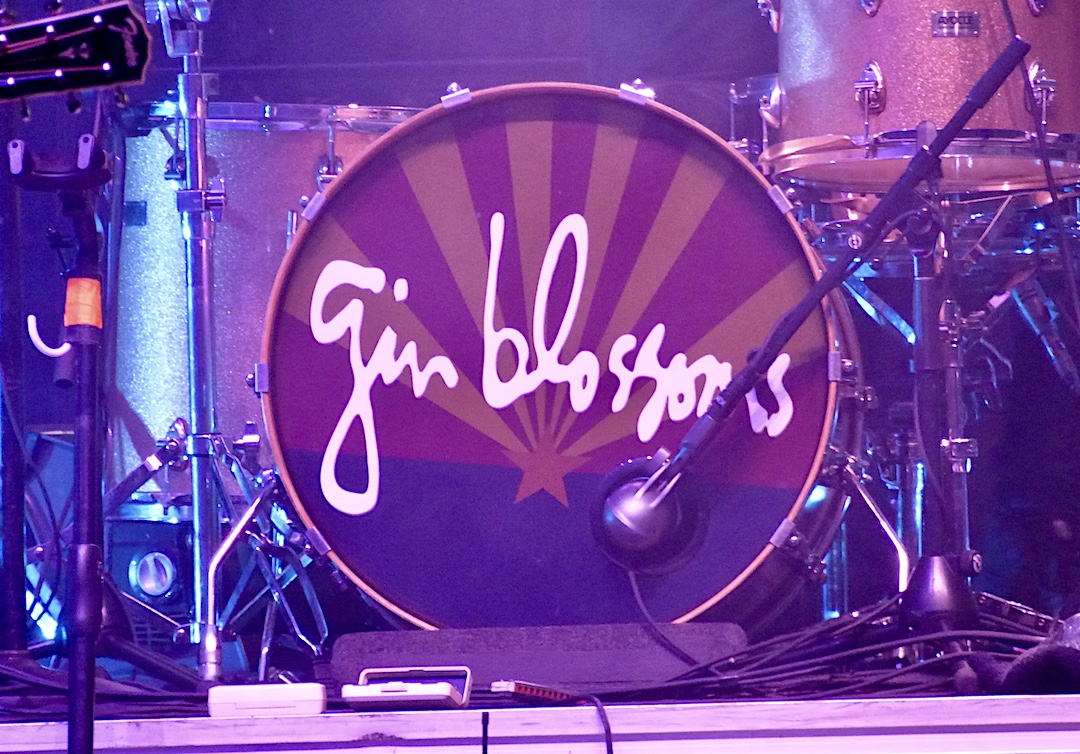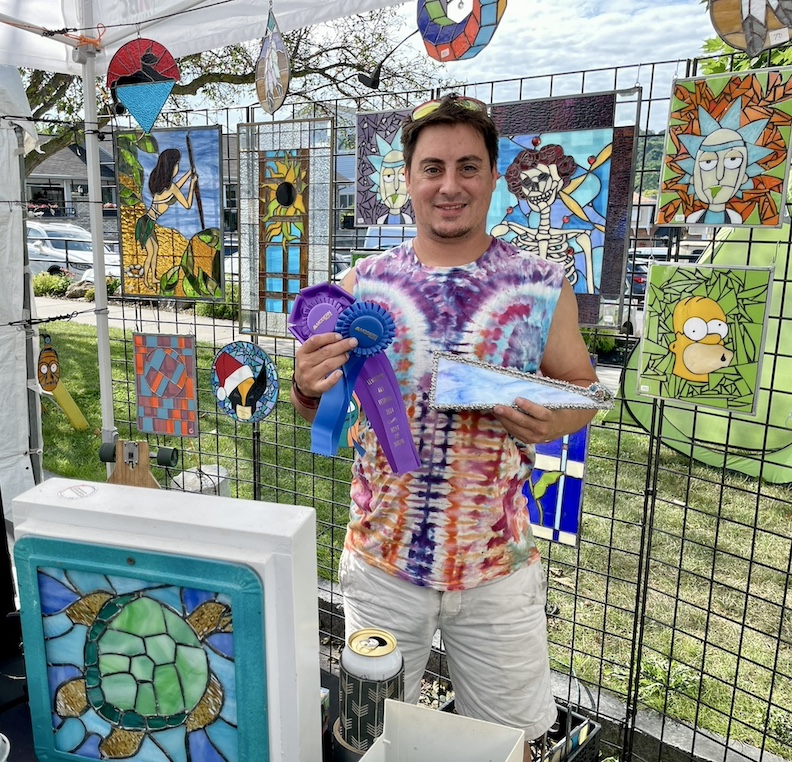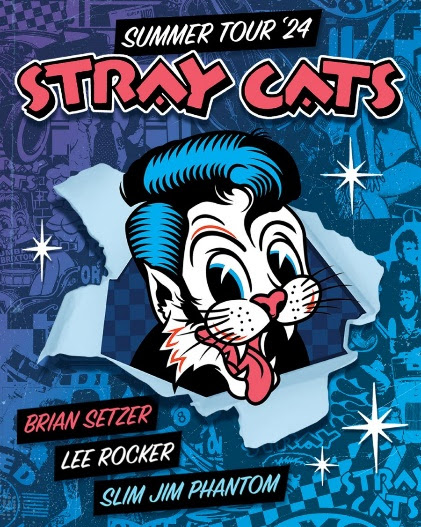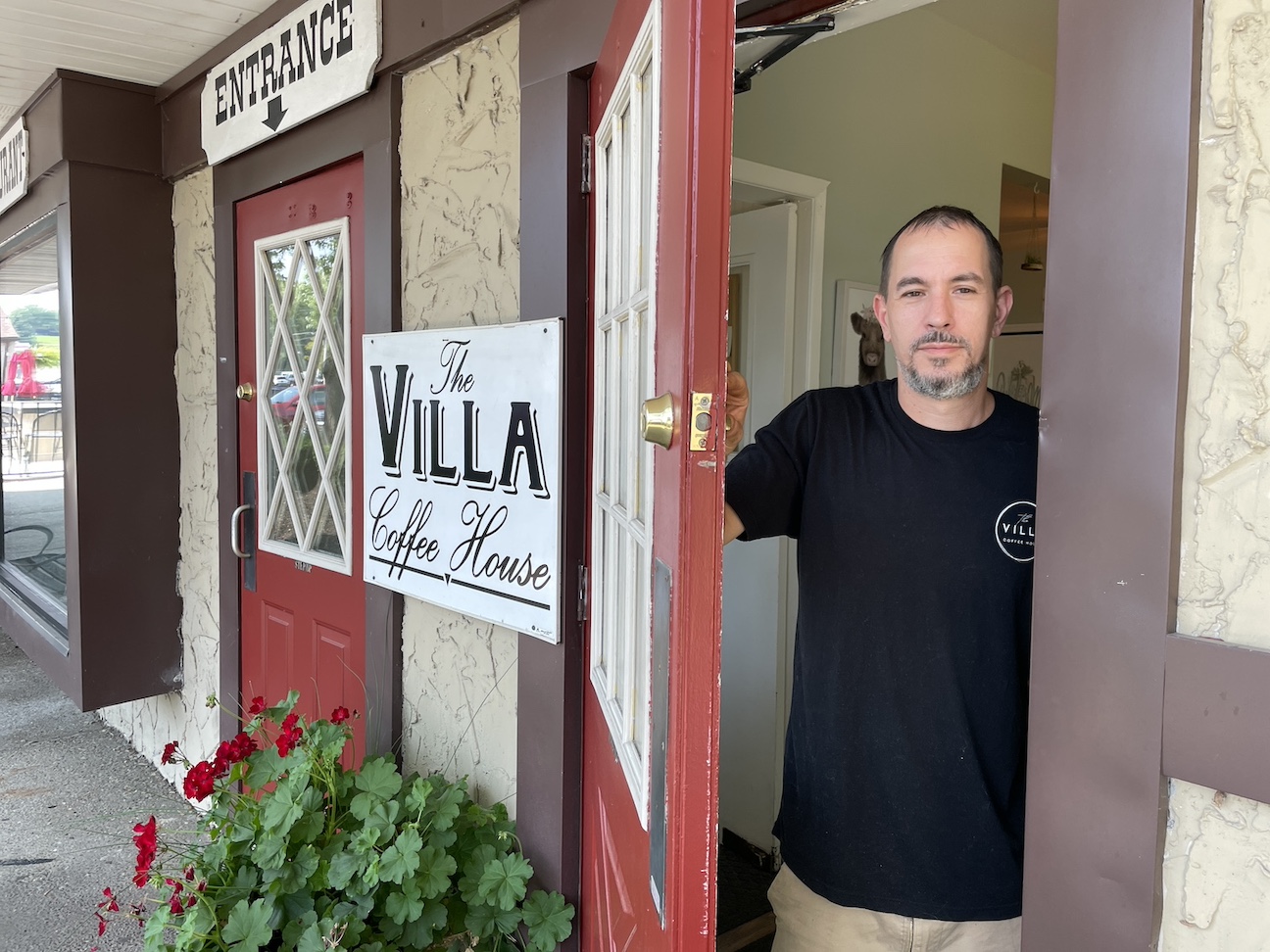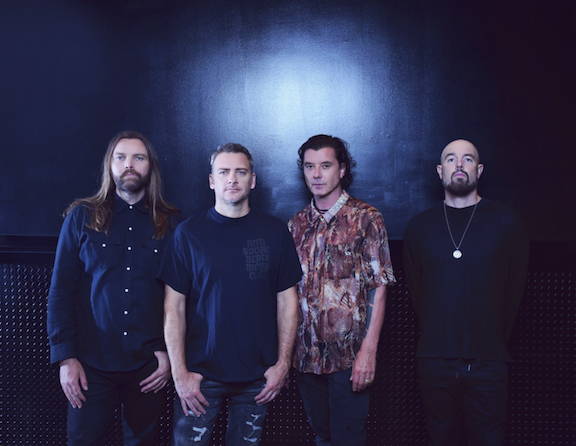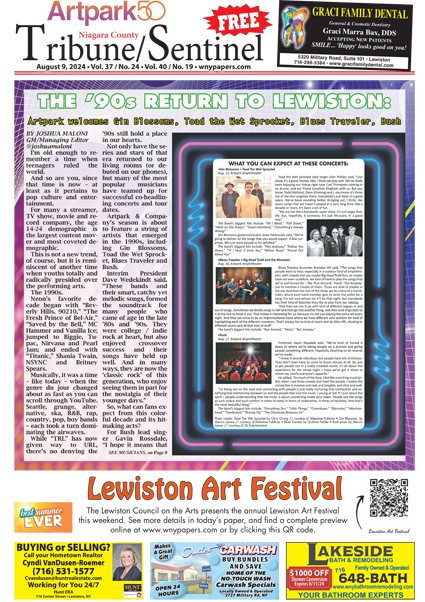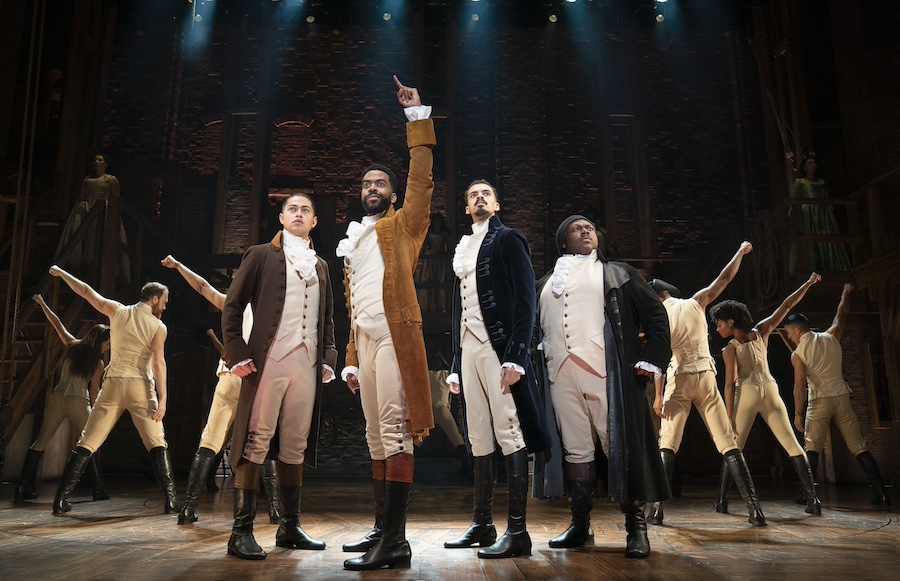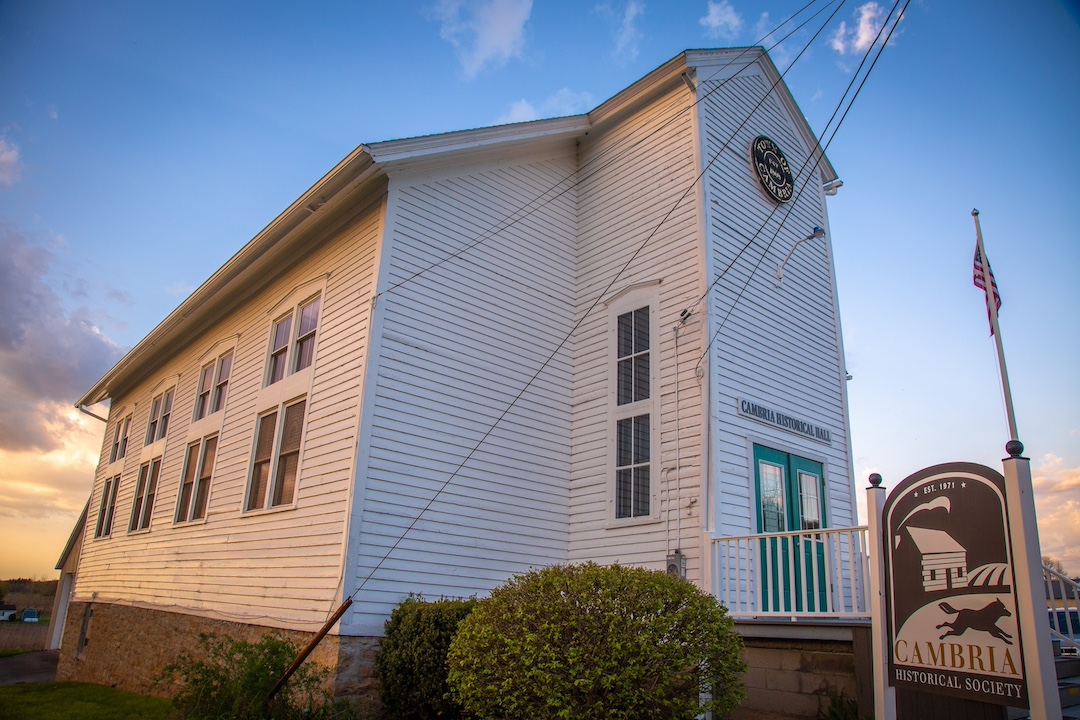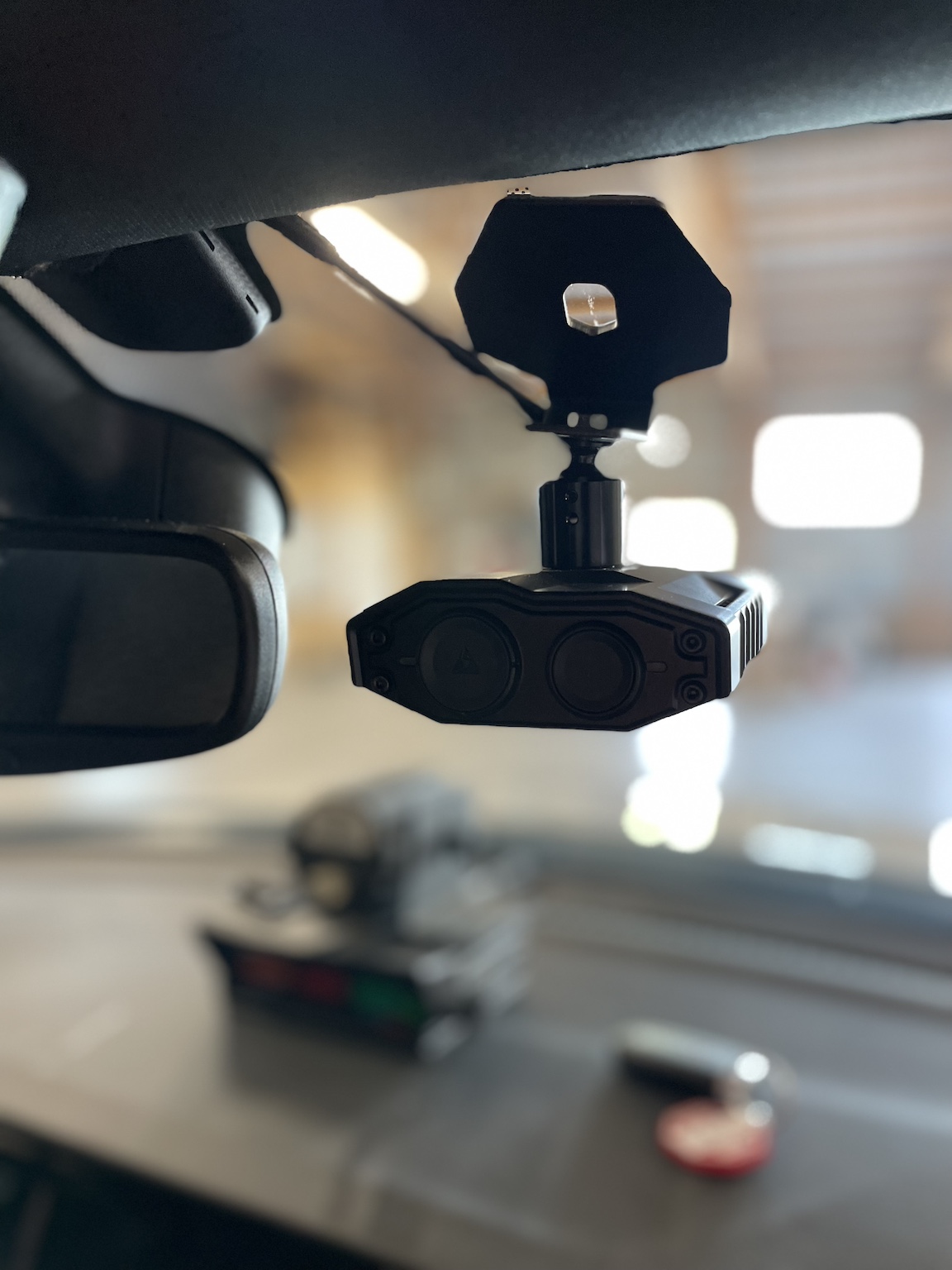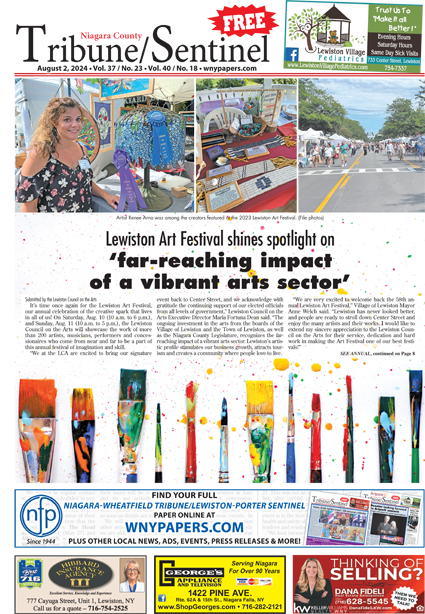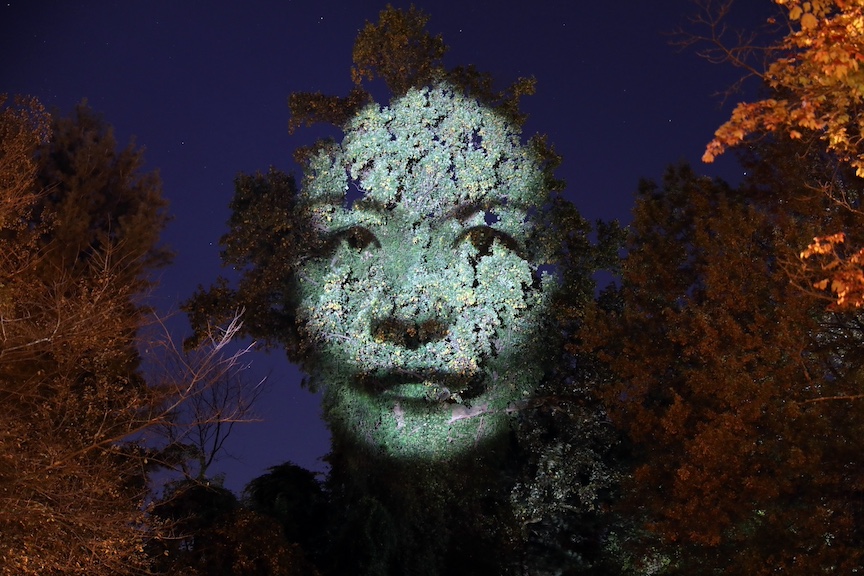Featured News - Current News - Archived News - News Categories
By Joshua Maloni
GM/Managing Editor
When it comes to making music for the right reasons, it’s hard for Glen Phillips to rely on his good intentions (when his head’s full of things that he can’t mention).
The Toad the Wet Sprocket lead singer penned a version of those lyrics on his 1995 hit, “Good Intentions” – and it could be said that conflict still exists today, as he weighs the virtues of songwriting and musicmaking with the fame and fortune that artists so often desire.
Phillips shared more in the edited Q&A that follows the band bio.
Toad the Wet Sprocket will perform at Artpark in Lewiston on Sunday, Aug. 11. The band is, in part, touring in support of the 30th anniversary of its album “Dulcinea.”
Tickets are available online at www.artpark.net and at the Artpark box office, 450 S. Fourth St., Lewiston.
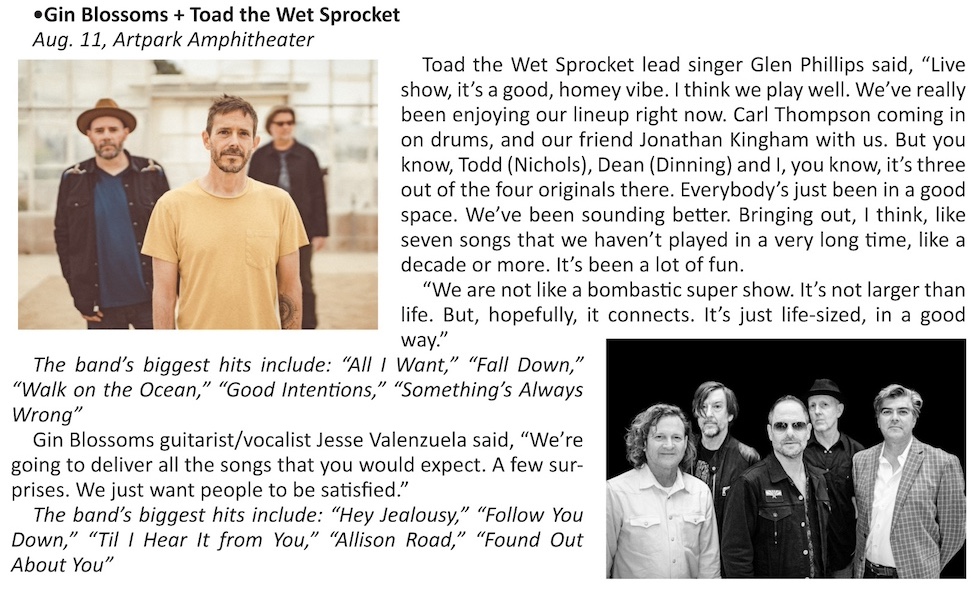
Toad The Wet Sprocket photo by Chris Orwig // courtesy of Milestone Publicity
Gin Blossoms photo by Shervin Lainez // courtesy of Milestone Publicity
Q: Obviously, you started in the mid- to late-1980s. You came to fame in the early ’90s. That was a really wild time in the music industry, of course. there was all sorts of different and popular genres and styles. I'm wondering who or what influenced you as a musician?
Glen Phillips: I mean, it was a whole lot of stuff. The great thing about that era was that it was so broad, you know the definition of – well, they didn't even have the phrase “alternative music” when we started, right? There was kind of Opie where it was post-punk, college music. I mean, it was eclectic, because it was anything from Public Enemy to Sarah McLachlan. I think the inclusiveness of that, and the idea that great music can kind of come from anywhere or anyone, and it doesn't have to be married to a specific genre, was kind of part of the ethos at the time. I liked the environment that that helped to create.
Q: I read a fun interview that you did, where it was stated you used to make your own concert posters. To me, someone who would do that does it because they love music. They love performing. They're not just hoping to become famous. Would you say that's accurate? Was that sort of the mentality for you back then, that you just loved it and wanted to get people out to hear the songs and find the music as best as they could?
Glen Phillips: I mean, I would say yes – and also the other thing that I loved was, I don't know, fifth-grade art class (laughs). Back then, to make a posted, you’d get a bunch of magazines, cut stuff up, go to Kinko’s, spend a whole lot of time with a copier (laughs). It was just fun, and tactile, and a great little amateur art project.
Q: Wow, you are bringing back all the feels. I hadn’t even thought about that years. Yes, you're right; that was a good time!
Glen Phillips: There is that element – it's hard to explain to post-digital kids – about mixtapes. That thing of sitting there, especially if you were waiting for it to play on the radio. But, I mean, you know, the idea of having your cassette player – if you were really fancy, you'd have a double-deck – I eventually had a double one. But like, you’ve got to get the timing between the songs right, and you’ve got to listen to the whole song in real time as you put it down. And a mixtape was an act of love that would take at least twice as long to make, as it would take to listen to. Now, you can kind of throw together a playlist in nothing flat. And just the number of things that kind of required your presence and your full attention – and even go into Kinko’s, it's like you didn't have Photoshop at home. If you wanted to make posters, you had to go and bring a bunch of pens to the copy shop and sit around the copier until you did your Xerox art and got it to the point you liked. You had to be where it was to do it.
And I kind of miss, I don't know, just the degree of attention to the place you're in, and the thing you're doing. I fight distraction and I do a bad job of it, but I'm always fighting distraction now.
Q: I understand what you're saying, and I appreciate what you say about the mixtape, and about the diligence that was required back then. I know you've said publicly that you're not a super big fan of social media. But am I right in my assessment that, for you, the music has sort of always been the supreme thing – more than all the other distractions or anything else you find with music, particularly nowadays?
Glen Phillips: Yeah, I mean, well, music saved my life. Music continues to save my life. It's the songs that I hear. I write in order to kind of process my life, and figure out where I am, and I listen to music in a similar way; the stuff that hits me, hits me really deep. I have songs that are just the markers for the biggest moments in my life. I think most people do. And I mean, art is an amazing tool just for spiritual growth. I don't even know if it's tool. It's just an element in my life that I don't know how I would have survived without.
I know it has that function for other people, too. So, for some people, my music can help fill some of those functions, and that makes me incredibly grateful, because, as I'm writing it or performing it, it does a similar thing for me. All the music that I listen to does the same thing. So, it feels like, to me, really important work. And yeah, that's still the main thing.
And I think music had this function long before it became commodified, or even professionalized. I really enjoy community choir leading. I’ve been doing music that's non-performance-oriented, where people are just singing for and with each other. That's meant a lot to me. And finding ways of making music that are kind of outside the traditional audience-performer scenario has been really important to me.
But I also still really love getting up and playing a rock show.
WATCH:
The making it, I mean, the thing is, even if you've made it, if you're U2, you've been the biggest band in the world. And then, you know, you slip one rung and you're not the biggest band in the world. Going for the success, you're never done, and you're never satisfied. And in a way, that's not about the art. It's about this external reaction to it. And it's strange to do music for a living, because the result of doing anything for a living is that things get put on a spreadsheet and somebody makes decisions about what are important statistics and what aren't. And, you know, it's hard not to internalize those equations and go, “I want to do better. I want to do bigger; and bigger is always better.” And just be kind of, I don't know, satisfied with the content of your character and the friends around you and your state of mind. It's one of the difficulties with capitalism is we're always chasing these things that are constantly out of our reach. As soon as we hit them, we're supposed to hit the next one. And there's very little emphasis on just having enough, and sharing what we have, and actually just being willing to be OK with what's right in front of you (laughs).
Q: One of the things that also comes with music, and happens when a band hits like your band hit, is that you do become famous. That was something I alluded to with a previous question – and I know you weren't in it for that, but it certainly did happen for you guys. You had a lot of fame, you had a lot of success. You did a lot of appearances on Letterman and other places. And so, because that wasn't the goal – because so much has been written and said about the fame that comes with music, and how it can be good, but really also bad for musicians and artists – how easy was it for you to adjust to that new wrinkle in your music career? Is it something that you really just never adjust to?
Glen Phillips: I don't know. I think it took it a little for granted at the beginning. And I also think I disassociated pretty hard, and just felt like it was happening to somebody else. I didn't know what to make of it. Because that kind of exposure, it's like our deepest desire and our deepest fear at the same time.
And so, I don't know if I handled it particularly well. I stayed in my hometown. I stayed with the friends I knew. I didn't jump into celebrity life at all – probably had a massive opportunity cost, professionally, for that, but I kind of bowed out, even as it was happening.
I think, since that happened, and then since I've kind of gone back to Muggle territory in the intervening years, you know, there's a part of me that does yearn for that attention and that feeling special, and that feeling of being, I don't know, rare and successful and all of these things.
It kind of messes you up a little to have that happen young and somewhat easily. So, I'm still, I think, in recovery (laughs) from a youthful celebrity experience. But I also know that, even at the time, I hid from it a little. I think there's people for whom it's like, “Oh my god, this is the thing. The thing I'm supposed to want – it is the thing I want. It’s the most important thing,” and they jump into it. And I never; I don't know, like modern celebrity culture always bothered me (laughs).
It was strange to have this experience that's supposed to be everybody's biggest dream. And it was very confusing to have that, and then not to feel like it was actually me that anyone was really interested in, and to just kind of want to be quieter and more alone. But also, you know, I think about the word ambivalence a lot (laughs). It's one of those ones, you go into the etymology of it, and it's ambi-valenz, right? Valenz is like your orbit or your path, and ambi- is like ambidextrous, having more than one or having both. And it doesn't mean you don't care about things. It means you feel very strongly in ways that might seem completely opposite about something.
I was highly ambivalent in my relationship to my brief brush with fame. Luckily, now, my fame is it kind of a very manageable level. You know, the occasional person in their 50s will go, “Are you that guy from Toad?” I go, “Yeah.” And they go, “I liked you guys.” It's like, “Thanks. Cool.” That's all there is to it.
Q: Appreciate that insight. So, now getting back to present day, what can you tell me about your live show?
Glen Phillips: Live show, it's a good, homey vibe. I think we play well. We've really been enjoying our lineup right now. Carl Thompson coming in on drums, and our friend Jonathan Kingham with us. But you know, Todd (Nichols), Dean (Dinning) and I, you know, it’s three out of the four originals there. Everybody's just been in a good space. We've been sounding better. Bringing out, I think, like seven songs that we haven't played in a very long time, like a decade or more. It's been a lot of fun. I mean, we are not like a bombastic super show. It's not larger than life. But, hopefully, it connects, if that makes sense. It's just life-sized, in a good way.
Q: I really want to get your input on this, because I really appreciate the answers and the insight you've given to me about music and fans in general. I'm curious to get your take on this, as well: We talked a little bit at the beginning of our conversation about the various decades when you were starting out, and your musical influences. When you come to Artpark, your show is part of a string of what we would classify as 1990s acts. We've seen quite a resurgence in the popularity of that decade, and there's a lot of different tours now. What do you think makes music from the 1990s, and some of the different genres, resonate with people in 2024?
Glen Phillips: I don't know. I mean, things move cyclically. And, you know, as new generations come in, I don't think the kids are rejecting our generation’s music in the way we might have rejected our parents’ music. So, I don't know if I have a pat answer.
You know, it's good music, and nostalgia follows certain predictable time cycles. I think some of it is merely that. But I would also say there's something about like the disillusionment of the ’90s. It was a time when media had opened up in a way where we were seeing kind of the cracks in the system, things that weren't functioning. We were watching a particular kind of decay and dysfunction. And we were upset about the possibilities for the future. And I think it was maybe a first wave of that. And it was a reaction to that, that wasn't the flower child, you know, ’70s reaction of, “We're going to evolve our way past it all. This is the new age.” It was more like, “Dammit, you guys messed up the world for us,” like, “How do we fix this?”
And I know people are feeling that way again, in a really profound way. Wondering how we got here, how we allowed ourselves to get here, and wondering if there's a way out. And if there's a parallel in the vibe between the ’90s and today, I think it's that.
Toad the Wet Sprocket is online at https://toadthewetsprocket.com/.
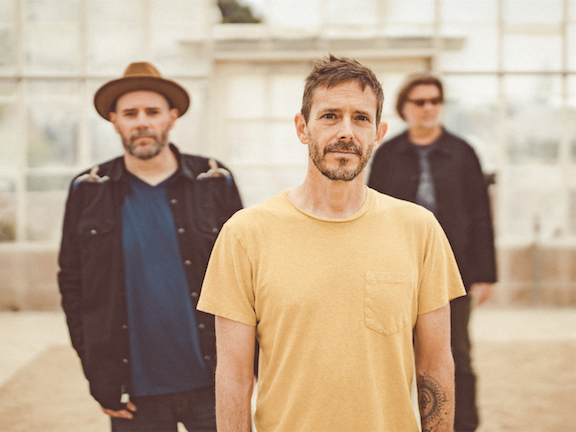
Toad The Wet Sprocket. From left: Todd Nichols, Glen Phillips and Dean Dinning. (Photo by Chris Orwig // courtesy of Milestone Publicity)
